This essay is accompanied by three other stories, from Seta Kabranian-Melkonian, Ara Oshagan and Mischa Geracoulis, leading up to the annual remembrance of the Armenian Genocide, on April 24th.
Mireille Rebeiz
Tante Rose always insisted on celebrating Christmas on January 19th. In fact, Tante Rose celebrated Christmas three times: she celebrated with us on December 24th, and we went to her house on January 6th to celebrate the Lebanese Armenian Christmas, but she always left her Christmas tree up till January 19th to celebrate one last time with the Palestinian Armenians. Tante Rose grew up in Jerusalem’s Haret al-Arman, the Armenian quarter, and was very proud of her Armenian heritage. She would tell me stories of her family’s life in the Old City, her brother’s piano lessons and how he always taught his class with a ruler in his hand, and about the day her sister got a small cross tattooed on her arm and engaged in other mischief. She always related these memories with a mournful smile on her face.
For Tante Rose could no longer go back to her beloved hometown. She lived in Beirut as a Palestinian refugee of Armenian descent. Later, she became a naturalized Lebanese, and later still, an American. I was lucky to have her as my neighbor and second mother. I loved going to her house, as I did almost on a daily basis. I loved her accent and the way she said words like clothes (awa’i) and shoes (kindara) in the Palestinian dialect. I loved how we ate caramel candy together, and could not speak for a few moments as the caramel got stuck to our teeth. We would just look at each other and giggle while watching Mexican soap operas dubbed in Arabic. I loved her stories of a land far from and yet near to me. I loved her pride in her origins, that she was an original Armenian Jerusalemite. She always reminded me that her real name was not “Rose”; it was Varnatoush, which meant “sweet rose” in Armenian. Her maiden name ended with “ian,” a sign of her Armenian roots, of which she was proud.
Growing up in Beirut, I quickly understood the Arab-Israeli conflict. However, my history books at school mentioned nothing about the Armenian Genocide, which I first encountered in 2002, when the film Ararat was released. Tante Rose’s daughter invited us all to watch the movie. If I recall correctly, the film starts with an Armenian lullaby that accompanies a very violent scene of Ottoman soldiers forcing Armenian women to dance naked. I was shocked by the violence of the scene, but more importantly, and for the first time, I saw Tante Rose sob. This woman, whose history was full of forced displacement and wars, was shaking and in tears. The lullaby reminded her of her mother and grandmother, who used to sing it to her. Although Tante Rose was born and raised in Jerusalem, where her family had settled long before the Armenian Genocide, the pain she felt for her people was genuine and raw. Tante Rose knew the lullaby and its meaning, and it was the first time I heard her sing softly in Armenian.
Young person that I was, I did not fully understand what I was witnessing. My history books spoke of the Ottoman Empire and its occupation of Greater Syria. They told us of some of the crimes the Ottoman soldiers committed in what is today Lebanon. However, I had not heard of the Armenian Genocide.
Armenians started migrating to Lebanon from the Turkish-speaking heartland of the Ottoman Empire as early as the 17th century. A group of them that had left the Armenian Orthodox Church, and converted to Catholicism at the hands of Western Catholic missionaries, sought the help of the Maronites, a Catholic Christian denomination in the Levant that enjoyed a measure of religious freedom in Mount Lebanon. In 1742, the Maronites interceded with the Vatican on these Armenians’ behalf so that the former might recognize an Armenian Catholic Church, which is what happened. The Armenian Orthodox Church opposed the breaking away of a portion of its adherents. (It would not be until 1830 when the Ottoman Empire, which deferred to the Armenian Orthodox Church on matters pertaining to its flock, recognized the Armenian Catholics as a separate community from the Armenian Orthodox.) As a result of all this, in 1749, with the blessing of Maronite Patriarch Simon Awad, the Khazen family donated land to the Armenian Catholic community, which established the Armenian Catholic patriarchal seat (as well as a monastery) in Bzommar, in relatively far-flung Mount Lebanon.
Later, during and after the years of the Genocide, many Armenians sought refuge in Lebanon. They settled and founded towns such as Bourj Hammoud on the outskirts of Beirut and Anjar in the Beqaa Valley. They built churches and schools that taught the Armenian language and aimed to preserve the culture. In 1955, they founded Haigazian University. Over the decades, they have contributed much to Lebanon’s economic life and meaningfully added to all aspects of Lebanese society.
Today, Lebanese Armenians are full citizens; they participate in Lebanon’s elections and have representation in the parliament and the government.
On May 11, 2000, the Lebanese parliament recognized the Armenian Genocide, making Lebanon the first Arab country to do so. However, despite this recognition, the history of the horrors committed by the Ottoman Empire against the Armenians — and the Lebanese for that matter — remains largely untold.
In fact, Lebanon has a long history with amnesia and has often opted for the approach of “forgive and forget the past.” Many historical facts are either neglected or cited only briefly. For instance, Lebanon does not have an official history for the civil war of 1975-1990. When it comes to the Ottoman Empire, Lebanese public school history books focus mostly on internal affairs and sectarian relations, and dedicate no more than a few pages to the 400 years of Ottoman occupation. For instance, we learn about Martyrs’ Day, when Djemal Pasha, dubbed “Al-Jazzar,” or “the butcher,” executed Lebanese and Syrian nationalists in Beirut and Damascus on May 6, 1916. However, despite its importance for national history and collective memory, Martyrs’ Day is not widely observed in Lebanon. Historical facts such as the Armenian Genocide of 1915-1917 and Mount Lebanon’s Great Famine of 1915-1918 are not taught in public schools. If they are mentioned at all, it is in brief passages or footnotes.
Some argue that it is best for Lebanon not to examine its controversial history, as certain facts may incite sectarian tensions. For instance, in 2020, conservative Sunnis in northern Lebanon responded to popular commemoration of the Armenian Genocide by demonstrating against the observance while brandishing Lebanese and Turkish flags. Some called for Armenians to go back home.
This practice of forgetting the past to move forward is dangerous: it allows for the glorification of a criminal past and romanticization of wars and foreign occupation. It ignores the fact that Lebanon and Armenia’s histories are intertwined when it comes to the Ottoman Empire.
Lebanon needs to revisit its history, one that includes the Armenian Genocide (among other historical facts such as the Great Famine of Mount Lebanon and the Lebanese Civil War). Although largely forgotten by the Lebanese state, the Armenian Genocide is not forgotten by the Lebanese Armenian community. On April 24th, Lebanese Armenian shops close to honor the memories of those who were forcibly displaced and brutally killed. Haigazian University closes as well. Churches hold services.
And neighbors like Tante Rose remember stories passed on from generation to generation.
In loving memory of Tante Rose.



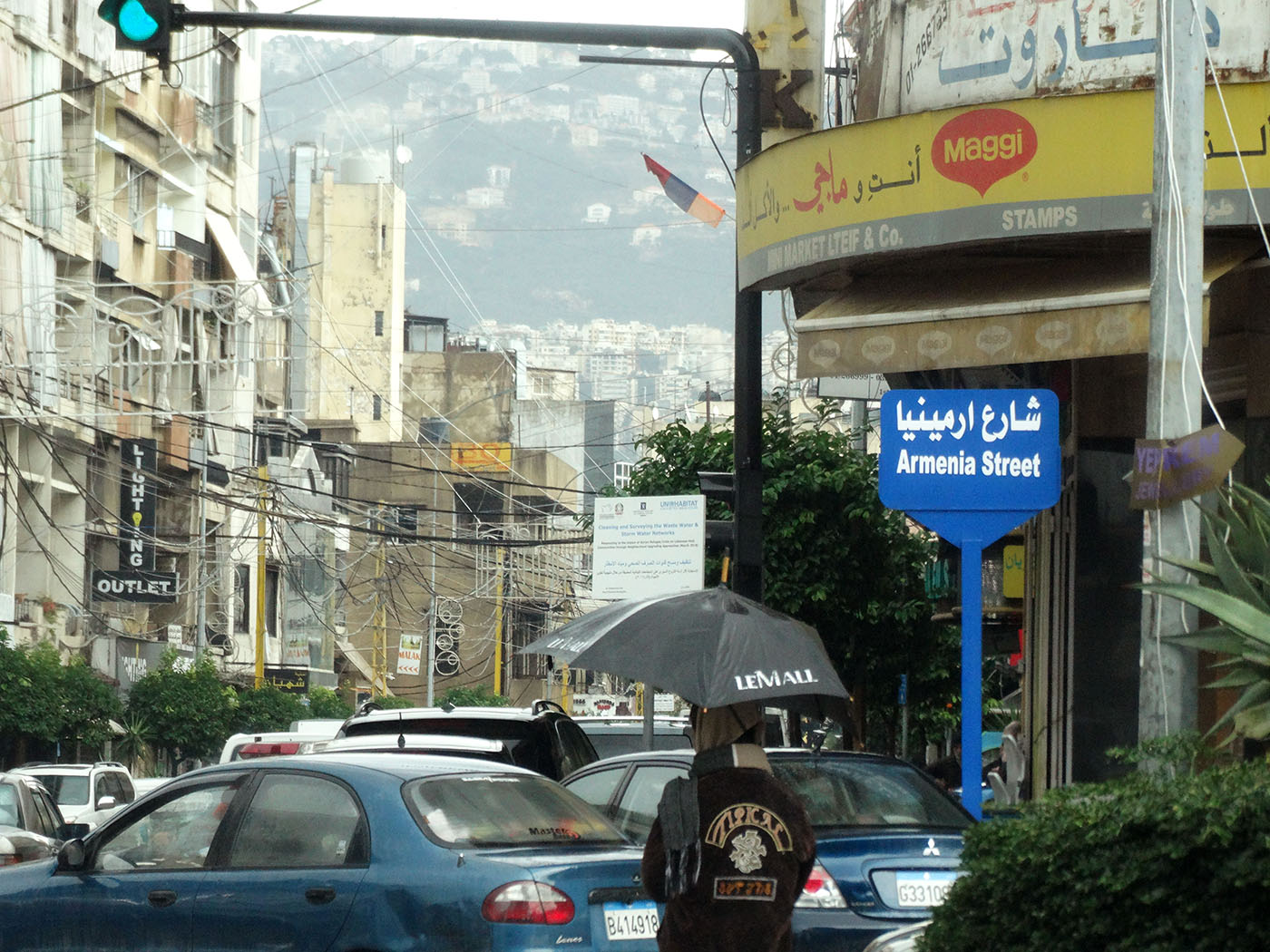
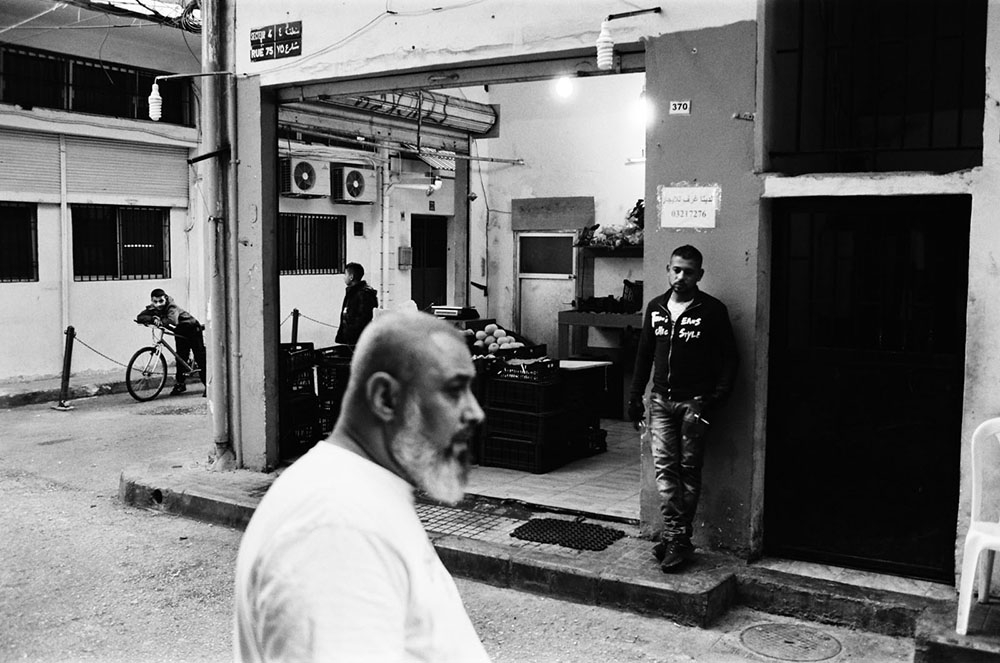
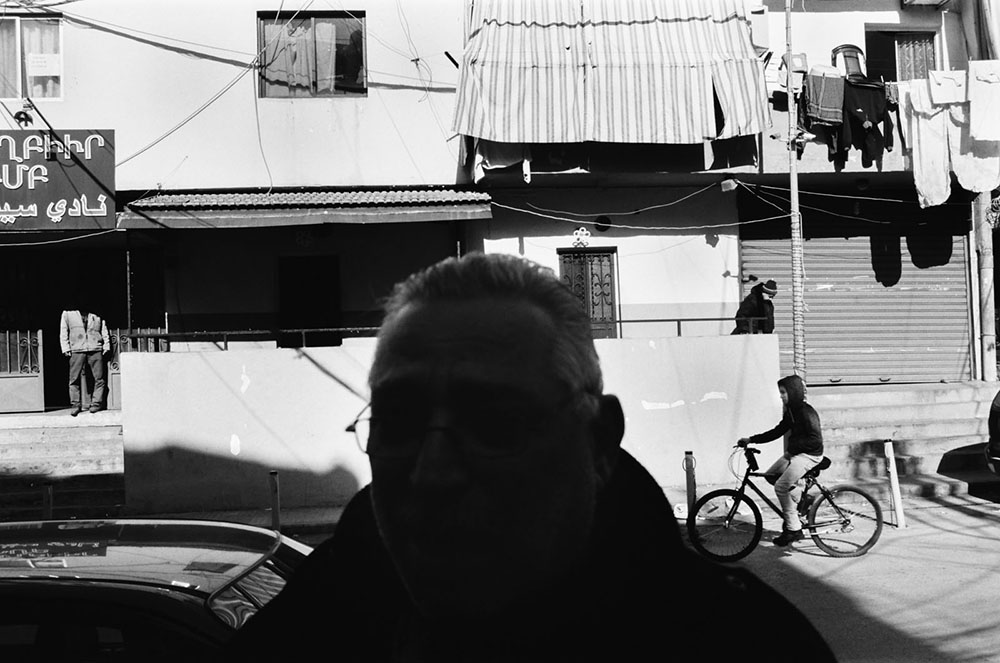
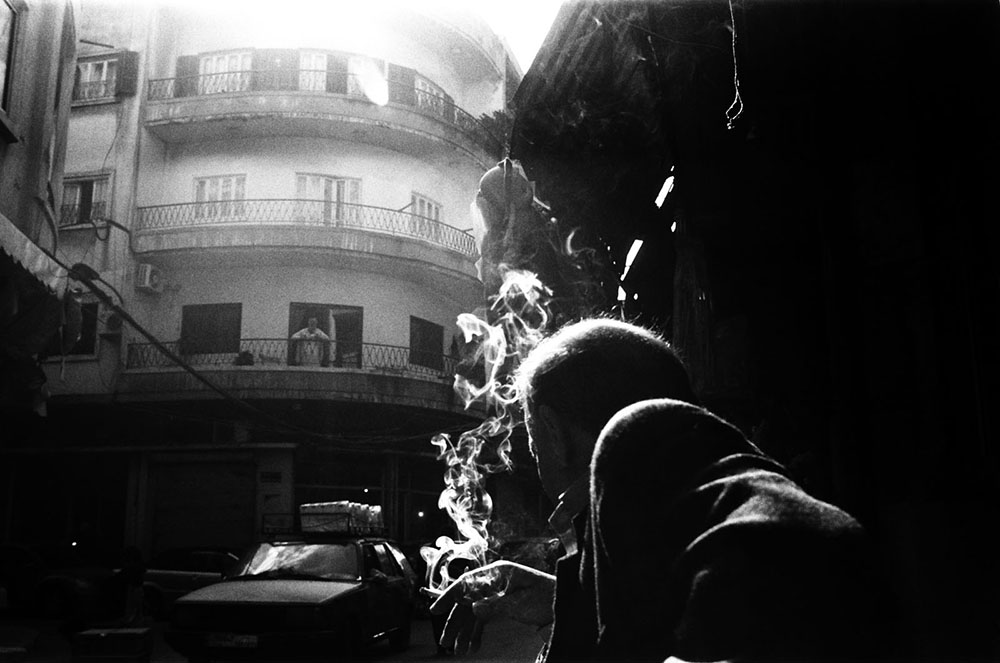
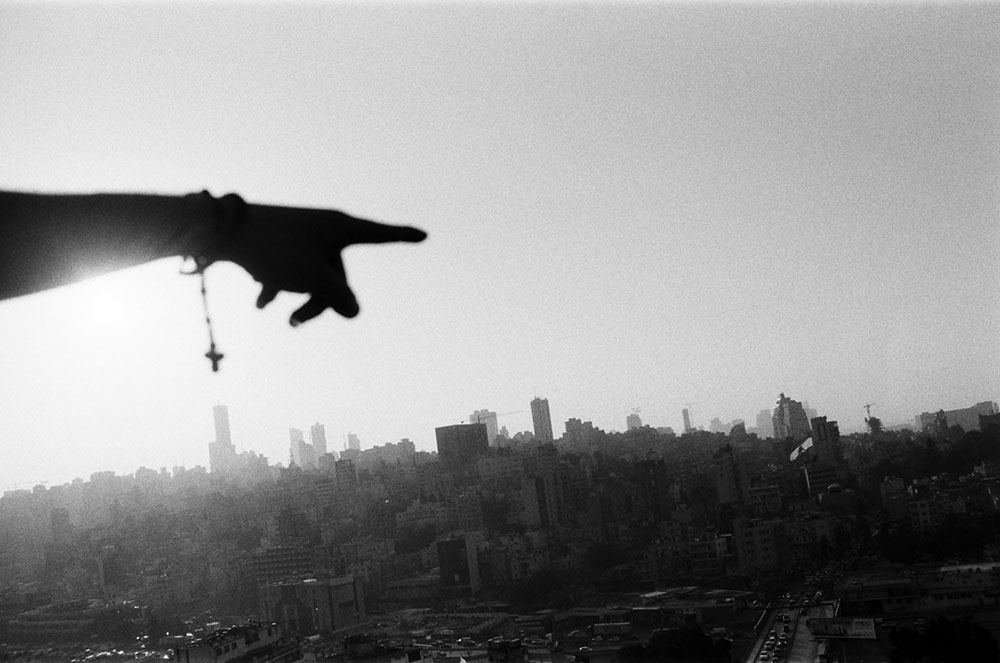
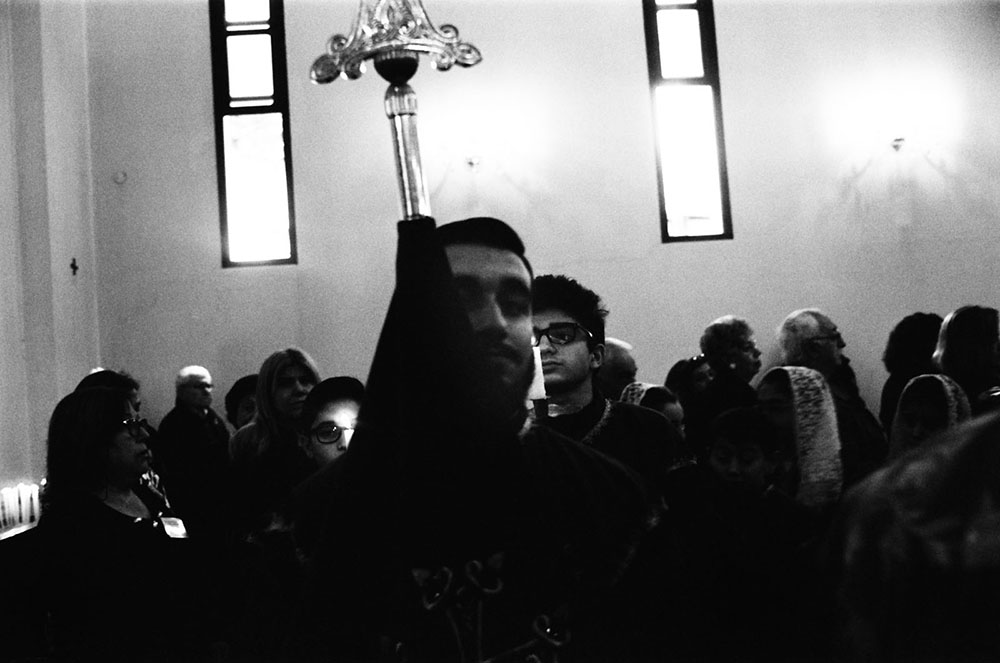


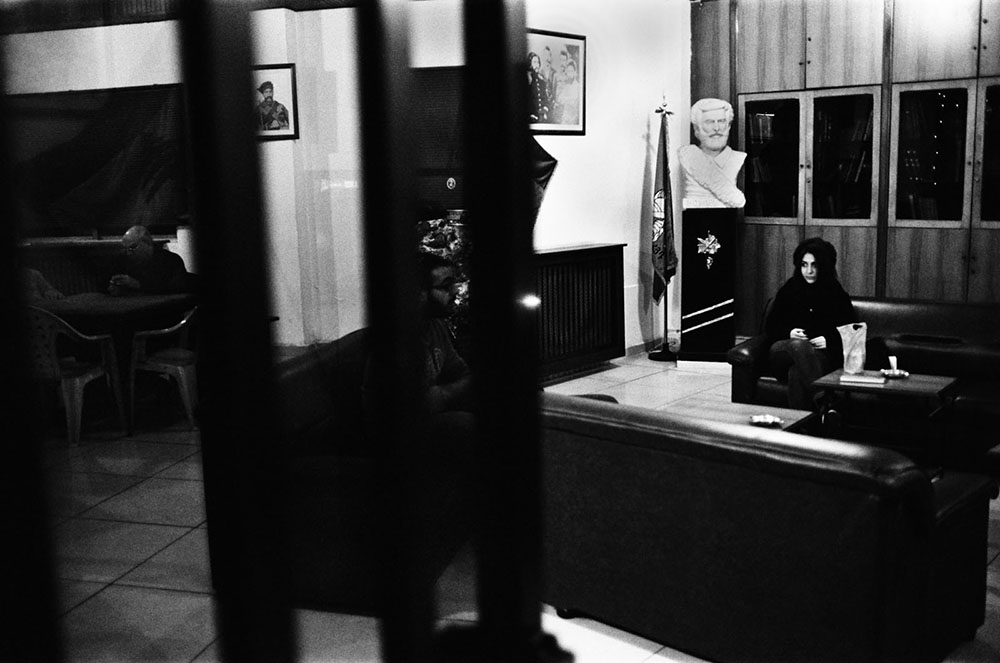

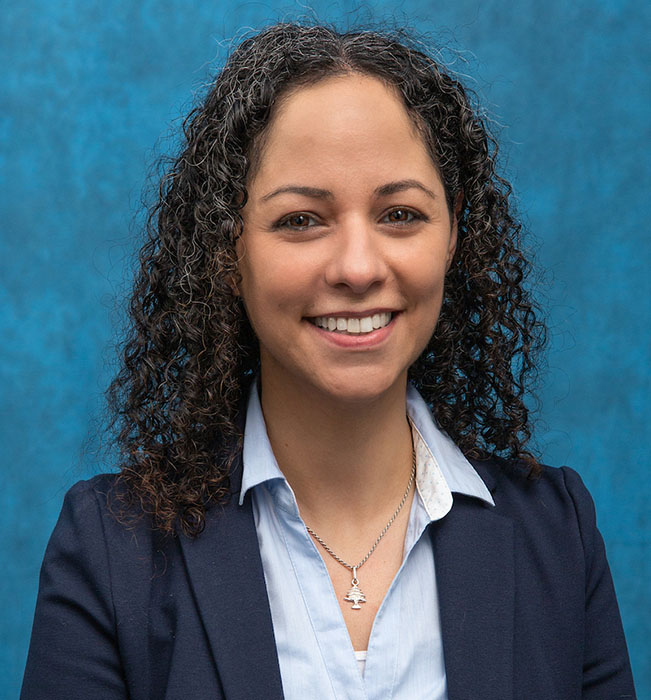






![Ali Cherri’s show at Marseille’s [mac] Is Watching You](https://themarkaz.org/wp-content/uploads/2025/09/Ali-Cherri-22Les-Veilleurs22-at-the-mac-Musee-dart-contemporain-de-Marseille-photo-Gregoire-Edouard-Ville-de-Marseille-300x200.jpg)





















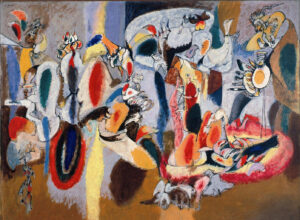






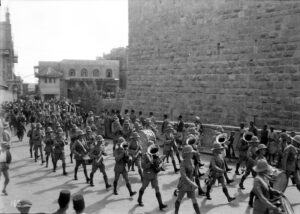





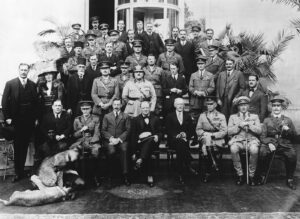














































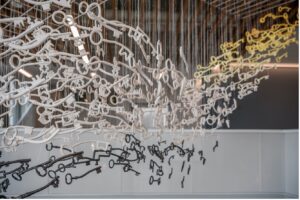






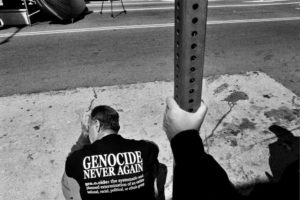









Thank you for this poignant study in the history of Lebanon.
My grandmother was named Rose. She was not that “Tante Rose” that your well written expressive article has mentioned, but she also lived in Ras-Beirut; she used to narrate stories of the “Ottoman Genocide of the Armenian People,” NOT the “Armenian Genocide,” which does NOT expose the perpetrator!! The current leftovers of the Ottoman Empire, which is Turkey 2day, has conflicts all over the clock… Moving clockwise, problems with Armenia, the Kurds, Iraq, Syria, Cyprus, Greece, Bulgaria… They are people of conflict and aggression… May The Lord lead them to the road of PEACE and reconciliation with all their neighbors. In memory of the Armenian souls who paid the highest price in 1915 due to the “Ottoman Genocide of the Armenian People”!